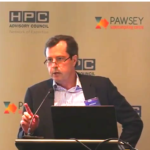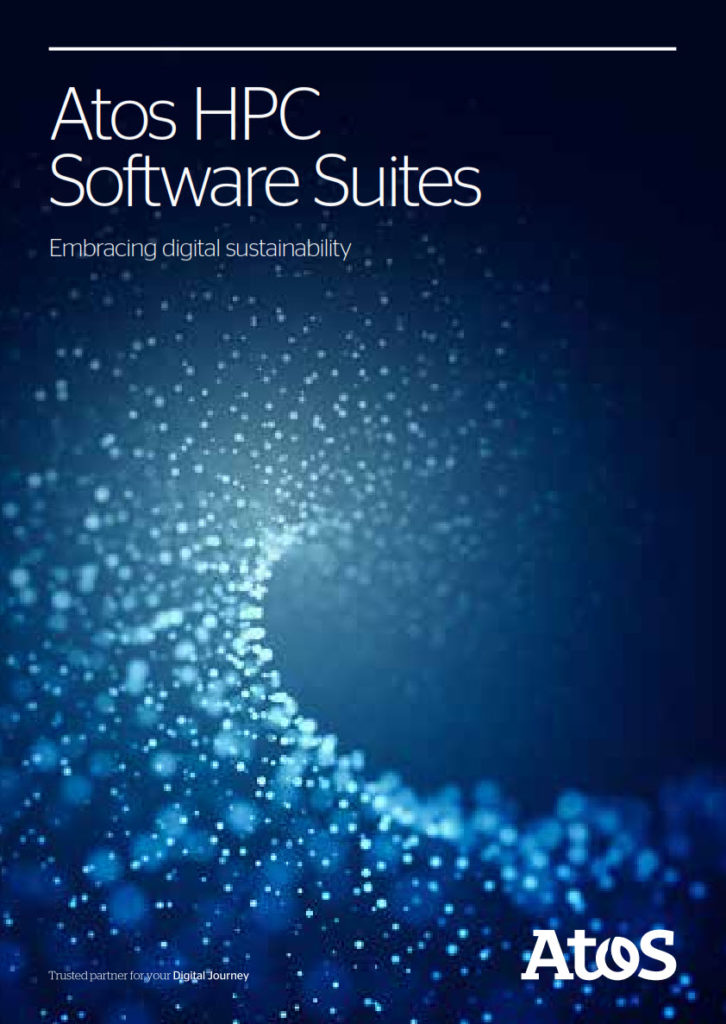Hosted by the National Computational Infrastructure (NCI Australia) in collaboration with the HPC-AI Advisory Council, the HPC-AI Advisory Council 2020 Australia Conference brings together leaders from academia, government and industry to explore the innovative research, techniques, tools and technologies that are fueling economies, productivity and progress globally.
Call for Submissions: 2018 Perth HPC Conference
The 2018 Perth HPC Conference has announced their Call for Submissions. Hosted by the Pawsey Supercomputing Centre, The event takes place August 28-29 in Perth, Australia. “The second annual HPCAIAC Perth Conference will bring industry luminaries and leading subject matter experts together from all over the world to explore major and emerging domains and share in-depth insights on AI, Data Sciences, HPC, Deep/Machine Learning, Visualization and more.”
Video: The Future of High Performance Interconnects
Ashrut Ambastha from Mellanox gave this talk at the HPC Advisory Council Australia conference. “Ashrut will review Co-Design collaborations with leaders in industry, academia, and manufacturing – and how they’re taking a holistic system-level approach to fundamental performance improvements expanding the capabilities of network as a new “co-processor” for handling and accelerating application workloads, dramatically improving application performance.”
Video: DDN Burst Buffer
Justin Glen and Daniel Richards from DDN presented this talk at the HPC Advisory Council Australia Conference. “Burst Buffer was originally created to checkpoint-restart applications and has evolved to help accelerate applications & file systems and make HPC clusters more predictable. This presentation explores regional use cases, recommendations on burst buffer sizing and investment and where it is best positioned in a HPC workflow.”
Beating Floating Point at its own game: Posit Arithmetic
“Dr. Gustafson has recently finished writing a book, The End of Error: Unum Computing, that presents a new approach to computer arithmetic: the unum. The universal number, or unum format, encompasses all IEEE floating-point formats as well as fixed-point and exact integer arithmetic. This approach obtains more accurate answers than floating-point arithmetic yet uses fewer bits in many cases, saving memory, bandwidth, energy, and power.”







